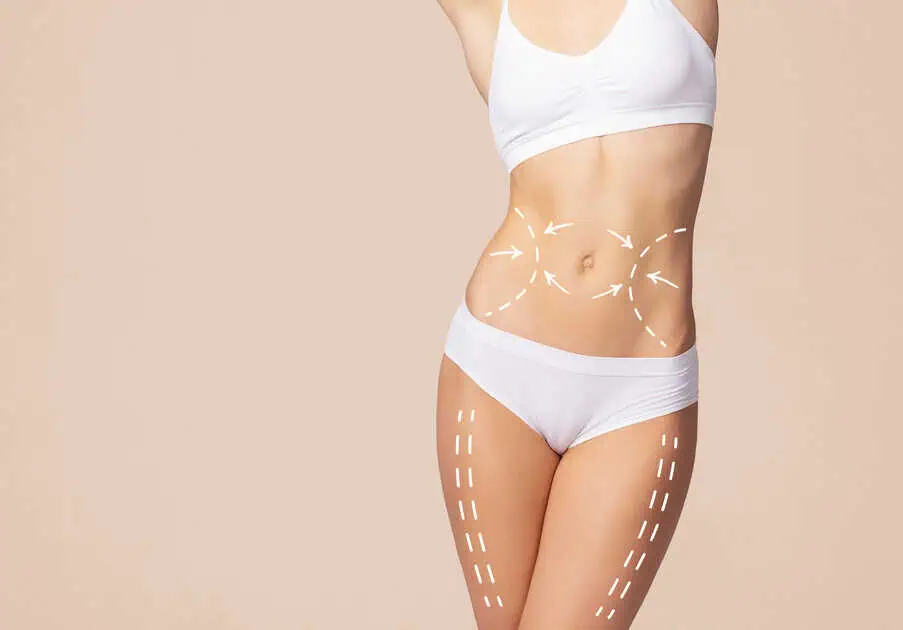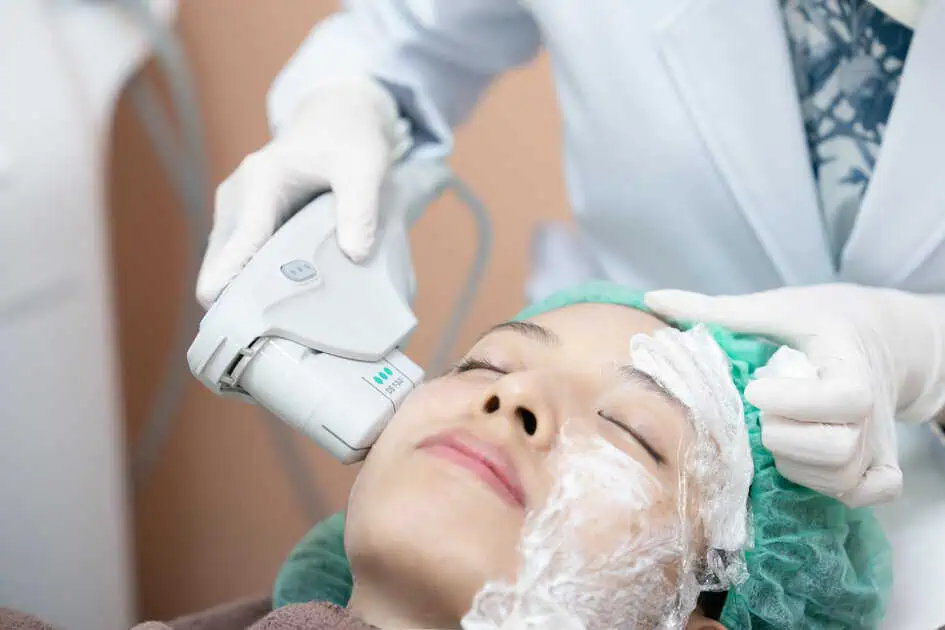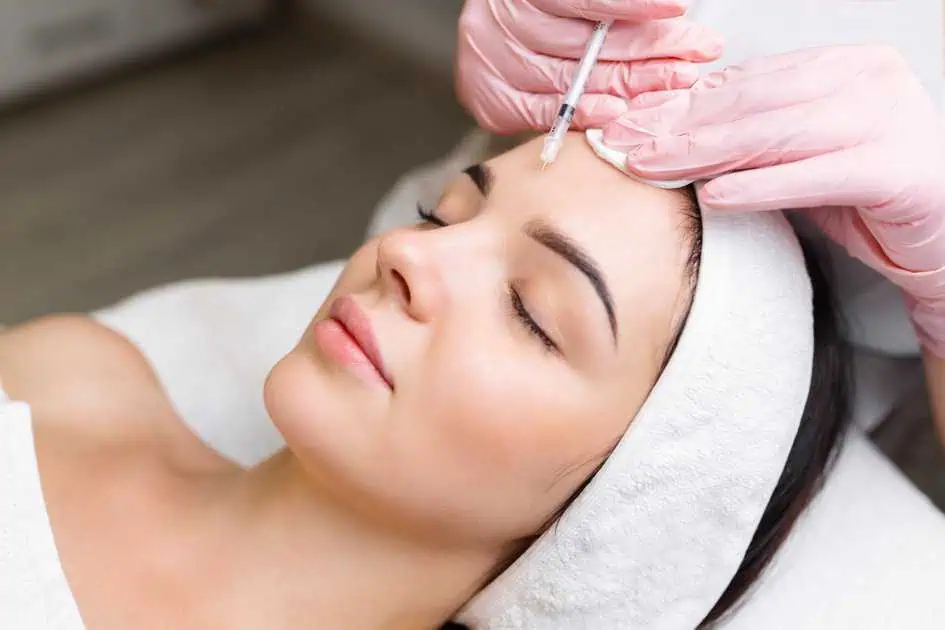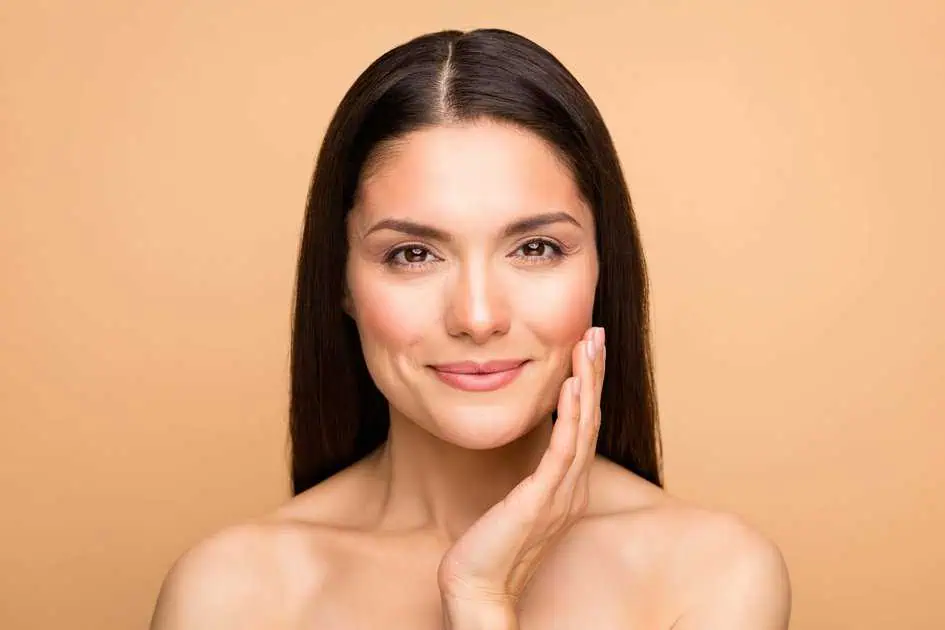
Introduction
Have you ever wondered if dermal filler treatments could be the secret ingredient to enhance your natural beauty? In aesthetic medicine, dermal fillers have gained immense popularity for their ability to address various concerns, from fine lines to lost volume. However, only some are ideal candidates for these treatments. Join us to explore the qualities that make someone a good fit for dermal filler procedures.
Understanding the Basics of Dermal Fillers
Before diving into the characteristics of an ideal candidate, let’s brush up on the basics. Dermal fillers are injectable substances designed to add volume and smooth lines and rejuvenate the skin. They can comprise various materials, such as hyaluronic acid, collagen, or synthetic polymers. The choice of filler depends on the specific concerns being addressed and the desired outcome.
Who Benefits Most from Dermal Filler Treatments?
1. Age and Skin Condition: Age is not just a number for dermal fillers. While these treatments can benefit individuals of various age groups, they are often more effective for those experiencing early signs of aging. Fine lines, wrinkles, and mild sagging are prime candidates for dermal fillers. However, it’s essential to note that prevention is key – starting treatments early can yield more natural and lasting results.
2. Volume Loss and Hollow Areas: One of the primary purposes of dermal fillers is to restore lost volume. Candidates with noticeable hollow areas, especially around the cheeks and under the eyes, can significantly benefit from these treatments. The subtle plumping effect can restore a youthful fullness to the face, creating a refreshed and vibrant appearance.
3. Healthy Skin Foundation: Healthy skin is the canvas upon which dermal fillers work magic. A good candidate should have a solid foundation of well-maintained skin. This includes a proper skincare routine, sun protection practices, and overall skin health. Dermal fillers enhance existing beauty but are not a substitute for a healthy skincare regimen.
Signs That Dermal Fillers Might Not Be Suitable
While dermal fillers can be a game-changer for many, there are scenarios where they might not be the best option. Understanding these signs is crucial to ensuring a positive and satisfying outcome.
Existing Medical Conditions: Certain medical conditions and medications may make individuals unsuitable candidates for dermal filler treatments. Conditions like lupus, diabetes, or a history of severe allergic reactions may pose risks during the procedure. It’s vital to have a thorough consultation with a qualified practitioner who can assess your medical history and advise accordingly.
Unrealistic Expectations: Dermal fillers are fantastic for enhancing natural beauty but are not a fountain of youth. Individuals with unrealistic expectations or those seeking extreme transformations might not be ideal candidates. A consultation with a skilled practitioner can help set realistic goals and expectations for the procedure.
Allergies and Sensitivities: It’s crucial to disclose any known allergies or sensitivities before undergoing dermal filler treatments. Some individuals may be allergic to specific filler ingredients, leading to adverse reactions. A thorough discussion about potential allergens is essential during the consultation process.
The Consultation Process
Now that we’ve outlined the qualities that make someone a good candidate for dermal fillers let’s delve into the crucial step – the consultation process.
Open Communication: A successful dermal filler treatment starts with open communication between the candidate and the practitioner. Discussing your concerns, expectations, and any specific areas you’d like to address during the consultation is essential. This conversation helps the practitioner tailor the treatment plan to your unique needs.
Physical Examination: A thorough physical examination of the skin is a fundamental aspect of the consultation. The practitioner will assess your skin’s texture, elasticity, and overall health to determine the most suitable approach. This examination also helps identify potential challenges or factors affecting the outcome.
Understanding Long-Term Goals: Dermal fillers are not a one-size-fits-all solution. The consultation process should include a discussion about your long-term aesthetic goals. Whether you’re looking for subtle enhancements or more dramatic changes, expressing your aspirations allows the practitioner to create a personalized treatment plan aligned with your desires.
Choosing the Right Practitioner: A skilled and experienced practitioner is as crucial as being an ideal candidate for dermal filler treatments.
Credentials and Training: Ensure that your chosen practitioner has the necessary credentials and training in aesthetic medicine. Look for certifications from reputable institutions and inquire about their experience with dermal fillers. A qualified practitioner will be transparent about their background and provide you with the confidence that you’re in capable hands.
Conclusion
In aesthetic medicine, becoming an ideal candidate for dermal filler treatments involves a combination of factors – from age and skin condition to realistic expectations and open communication. Before embarking on this journey, take the time to understand your own goals and choose a practitioner who aligns with your vision. At Flawless Medicine, we believe that beauty is a personal journey, and dermal fillers can be a remarkable ally in enhancing your natural radiance.






